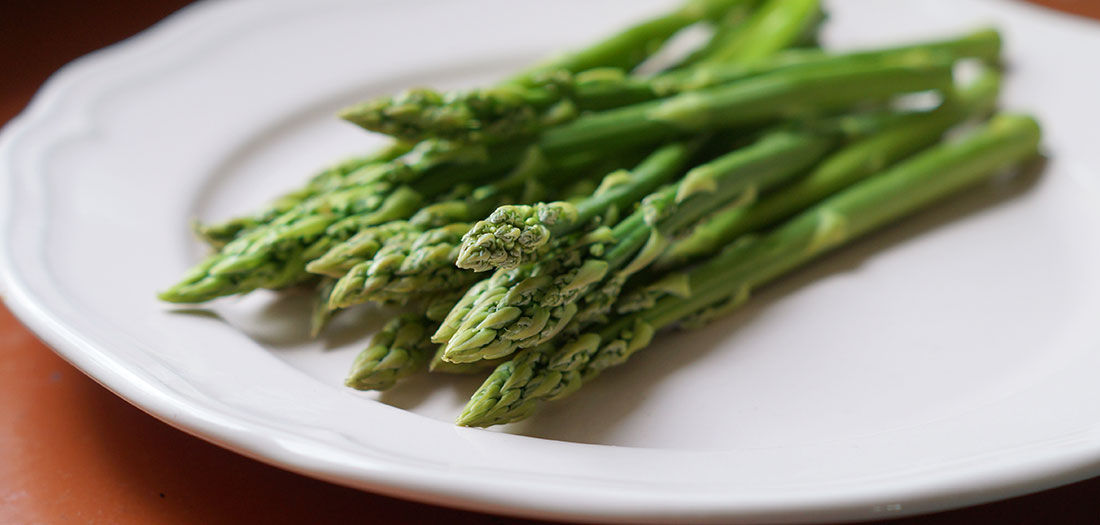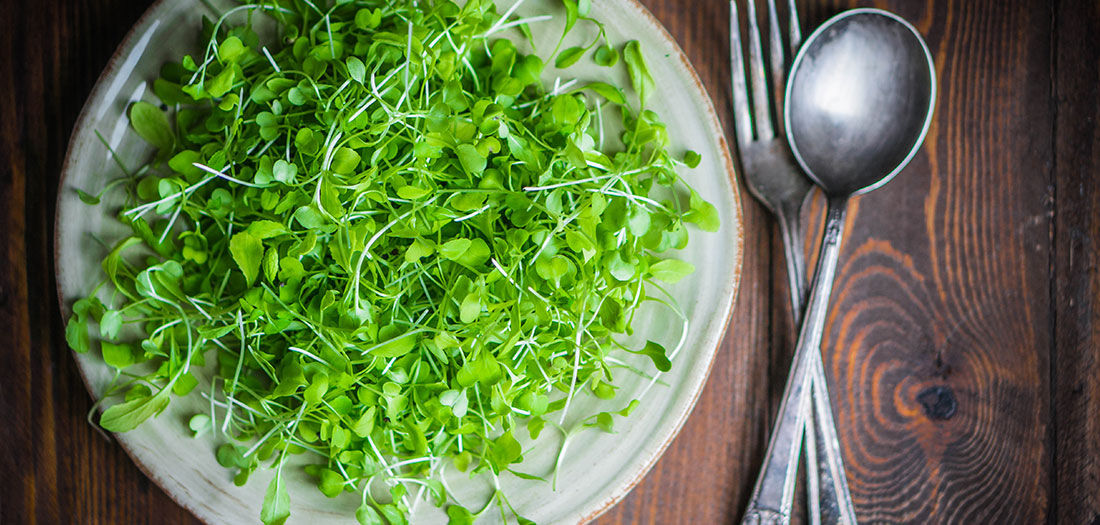Spring has sprung and it’s time to say good-bye to stews, chili and the slow cooker, and hello to lighter fare featuring the bounty of the new season. The best news about all of these veggies is that they are packed with a wide array of vitamins, minerals, phytochemicals and antioxidants, which can help decrease inflammation, reduce blood pressure and lower bad cholesterol. Loading up your meals with these foods can also lower your risk for heart disease, stroke, cancer and diabetes, and you might even shed a few pounds.
A trip through your local farmer’s market is a great way to get reacquainted with the produce that’s filling the bins. Some veggies, such as ramps and fiddlehead ferns, will only be here for a very short time, so get them before they’re gone. If you’re not sure what something is, ask the farmers who grow them—they love sharing information about the food they grow, and will probably offer you a sample along with tips on the best way to cook it. And be prepared to encounter lots of greens, which means it’s the season for salads, cold soups and smoothies.
Here are five spring veggies that are easy to find and can be used a number of ways in recipes.
ASPARAGUS
You might be most familiar with the green variety, but did you know that asparagus also come in white and purple? Regular consumption of these nutrient-packed stalks can improve your heart health (thanks to the folate). Of course, the most common complaint from asparagus lovers is that it causes urine to smell strange, due to the asparagusic acid, a sulfur-containing compound that results in that telltale odor. But don’t let that keep you from enjoying these beauties. Coat them with a little extra virgin olive oil, pink Himalayan sea salt and freshly cracked lemon pepper, and roast them until they are a little golden on the bottom. Top with freshly grated Parmesan cheese or balsamic glaze and you have a dish that you won’t want to stop eating. Asparagus can also be steamed, stir-fried or grilled.
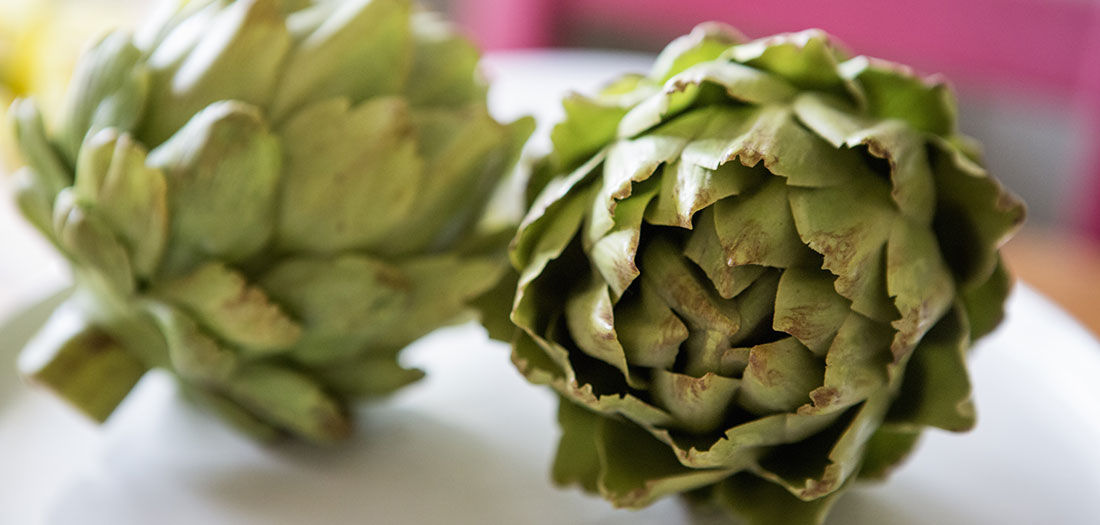
ARTICHOKES
Whether you love them for the leaves or the heart, these prebiotic-rich beauties will nourish the probiotics in your digestive system and help reduce inflammation in your body. Studies of artichoke leaf extract show that it induces cancer cell apoptosis (cell death) and reduces cell proliferation in some cancers, which can possibly be used for cancer prevention or treatment. The phytochemicals cynarin and silymarin help improve liver tissue and are often recommended for people with liver disease. Compounds in artichokes also make this veggie a natural diuretic and digestive aid. Artichokes are best when steamed or braised, and are great in soups like this delicious Spring Vegetable Soup.
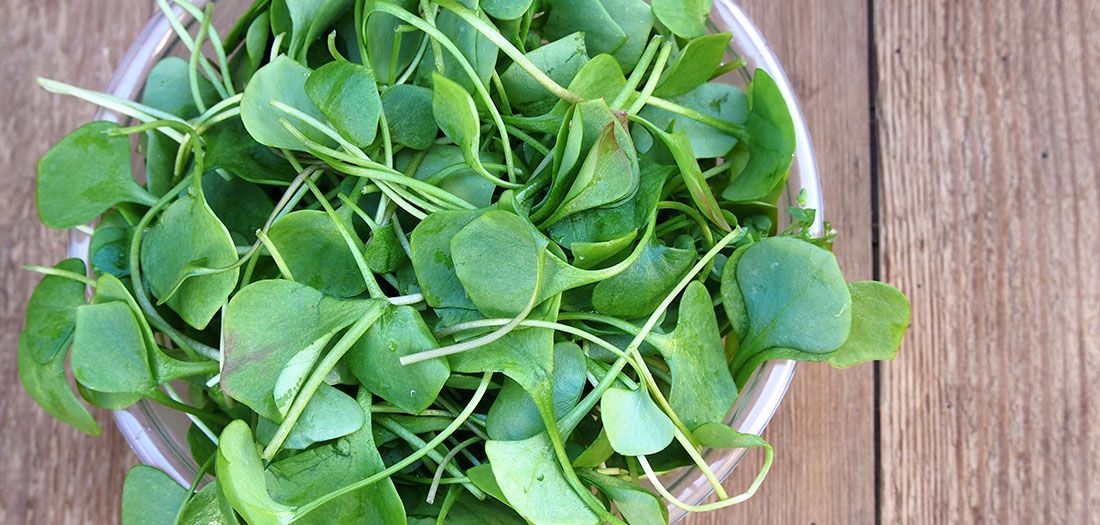
WATERCRESS
This peppery, wild green leafy vegetable is often found in salads and cold soups. A member of the cruciferous vegetable family (like broccoli, Brussel sprouts, and cauliflower), watercress is rich in immune-boosting antioxidants vitamins C and A, and digestive-enzyme-rich chlorophyll. It also contains natural antibiotics that fight candida and other bad bacteria in the colon. Build healthy bones and teeth as well as improve heart function with the calcium and vitamin K found in watercress.
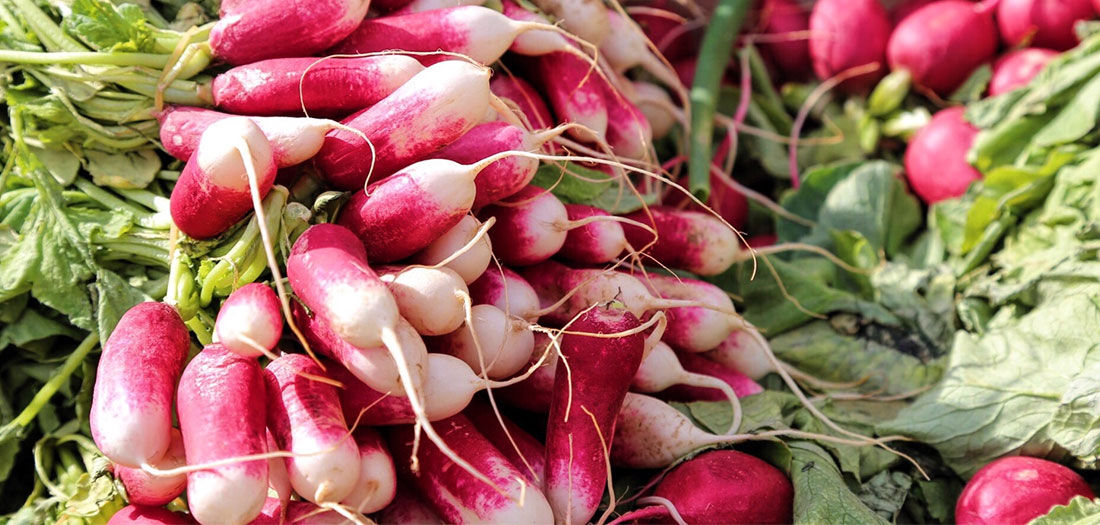
RADISH
Known for their quick growing time and peppery bite, radishes are often found in salads or thinly sliced and layered onto sandwiches. One of our favorite ways to prepare this cruciferous vegetable is to roast them along with their green tops. High in fiber, potassium and isothiocyanates, incorporating radishes into your diet can help lower your risk of cancer and heart disease, improve your digestion, lower your blood pressure, and assist in detoxification. You might be most familiar with the red radish, but try out the candy cane (striped) and watermelon radishes for a variety of colors and flavors.
PEA SHOOTS
Pea shoots are the young leaves of the pea plant—they’re harvested as microgreens and taste just like peas. They can be used in salads, on sandwiches or stir-fried with other vegetables. Pea shoots are high in folate, which is important for heart health and for women who are trying to become pregnant, as folate is vital to prevent neural tube defects that can occur in the early weeks of pregnancy. Additionally, pea shoots are an excellent source of antioxidants (vitamins A, C and carotenoids), which can reduce your risk of cancer.
Although we only featured five spring super-stars, we also love these spring veggies:
- Cactus
- Ramps
- Fiddlehead ferns
- Garlic scapes
- Morel mushrooms
- Cherimoya
- Snow peas
This season has so much wonderful produce to offer, so be sure to expand your vegetable repertoire and reap the benefits of nature’s bounty.




 by
by 